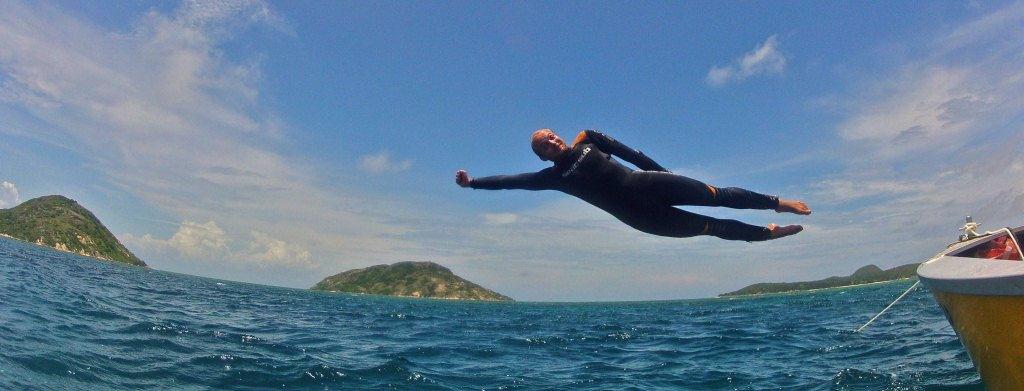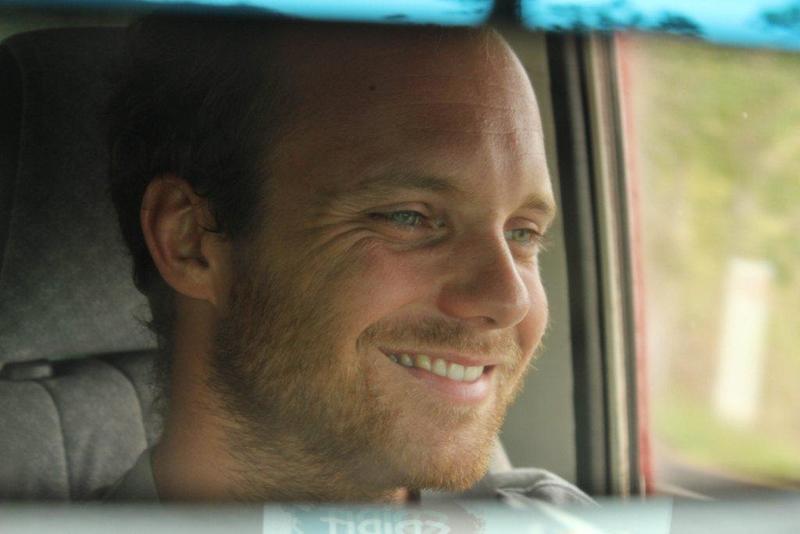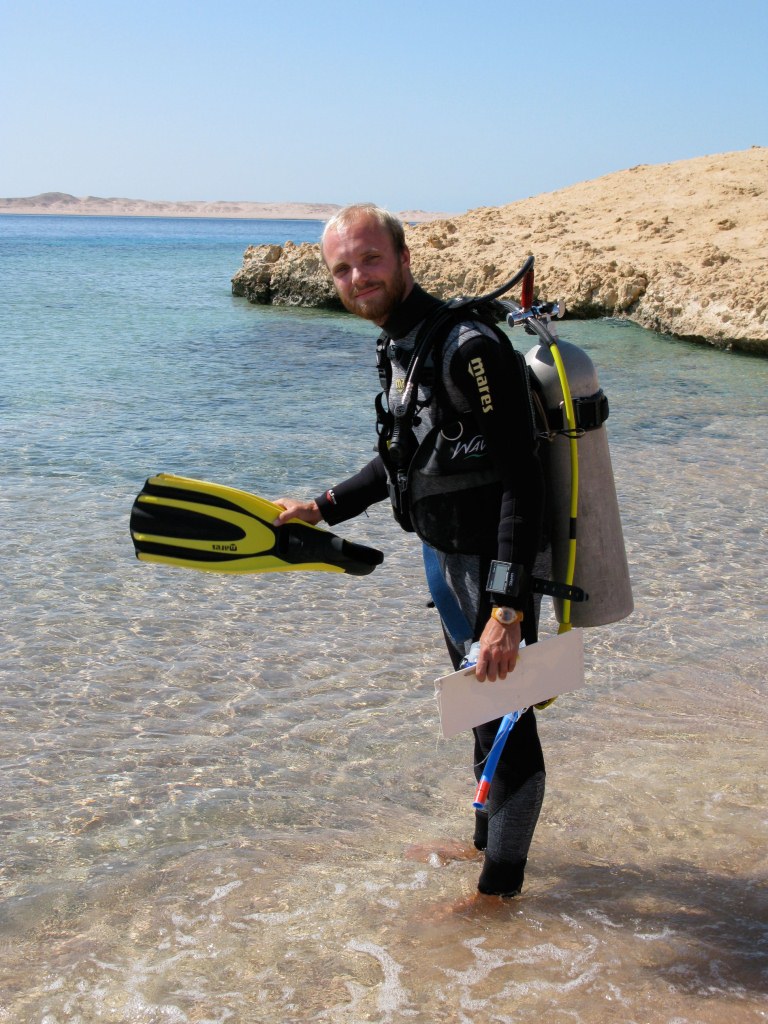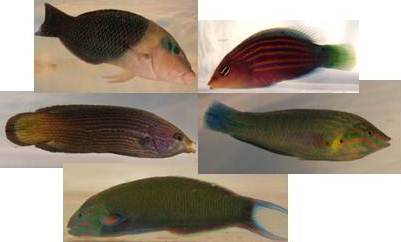Simon Gingins

research interest
I am broadly interested in evolutionary biology, more particularly in the
evolution of cooperation. For my PhD, I use a comparative approach to
investigate what adaptations are specific to the ecology of the bluestreak
cleaner wrasse Labroides dimidiatus.
usually very well adapted to their ecology. For example, fennec foxes are
extremely well adapted for the desert: their large ears increase the surface
to volume ratio and allow dissipating heat, their kidney restricts water loss
to the extent that they can live without free water and they are nocturnal and
build burrows to escape the excessive heat of the day. It thus appears that
natural selection shaped this species for its particular ecology. What about
species relying on cooperative interactions for their survival? Would they
adapt to their social environment just as other species adapt to harsh
physical environments?
(referred to as ‘clients’), with up to 2000 interactions a day. The complex
social context that is paramount in the life of a cleaner may have selected
for a number of particular adaptations. Our group has extensively studied its
behaviour in the last decade and been able to show, amongst other things,
that these small fish are able to modulate their behaviour according to various
conditions, such as in biological market or image scoring situations.
Even though most of these adaptations have ecological relevance only for
cleaners, little comparative investigation has been done on whether related
species with different lifestyles might also be able to learn how to deal with
such situations. Furthermore, work on morphological adaptations is virtually
inexistent. Most of the species in the wrasse family (Labridae) have
completely different lifestyles and never engage in cleaning.
However, some species also do clean, but to a lesser extent and usually
only at the juvenile stage (facultative cleaners). The wrasse family thus provides
an optimal system for a comparative approach. I am comparing the behaviour,
cognitive capacities and some aspects of the morphology of L. dimidiatus
with related wrasse species (facultative cleaners or non-cleaners). This will
allow getting a better picture of the kind of selective pressures that shaped
a species whose lifestyle largely depends on social interactions.
More generally, this might help to understand how engaging down the path
of cooperation could impact the evolutionary history of a species.
| Since 2011 | PhD in Behavioural Ecology |
| 2010 | Master of Science in Behaviour, |
| 2007 | Bachelor of Science in Biology |
Gingins S, Bshary R 2014
Pairs of cleaner fish prolong interaction duration with client reef fish
by increasing service quality.
Behavioural Ecology
doi: 10.1093/beheco/aru194
Bshary R, Gingins S, Vail A 2014
Social gognition in fishes
Trends in Cognitive Sciences Volume 18, Issue 9, pp 465-471
doi: 10.1016/j.tics.2014.04.005
Gingins S, Werminghausen J, Johnstone RA, Grutter AS, Bshary R. 2013
Power and temptation cause shifts between exploitation and cooperation in
a cleaner wrasse mutualism.
Proc Biol Sci. 280 (1761) : 20130553.
doi: 10.1098/rspb.2013.0553.


contact
E-mail:
simon.gingins@unine.ch
Room: D 128
adresse:
Université de Neuchâtel
UniMail
Institut de Biologie
Eco-Ethologie
Rue Emile-Argand 11
CH-2000 Neuchâtel
Tel. +41 32 718 31 20
Fax +41 32 718 30 01



